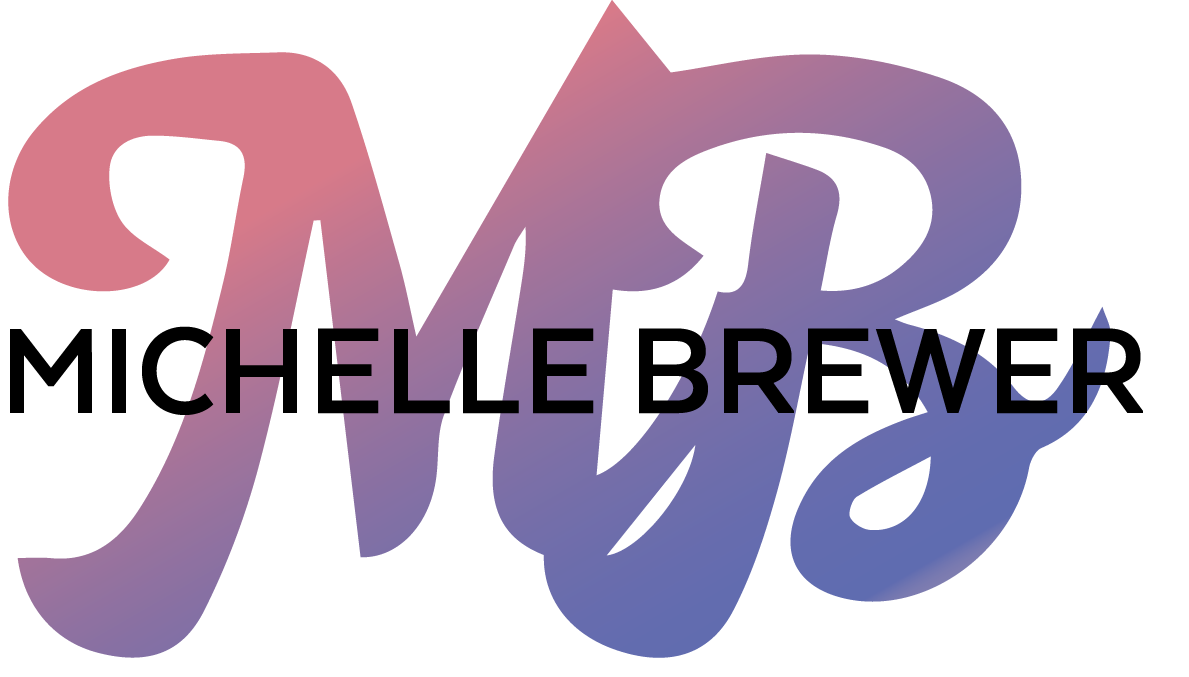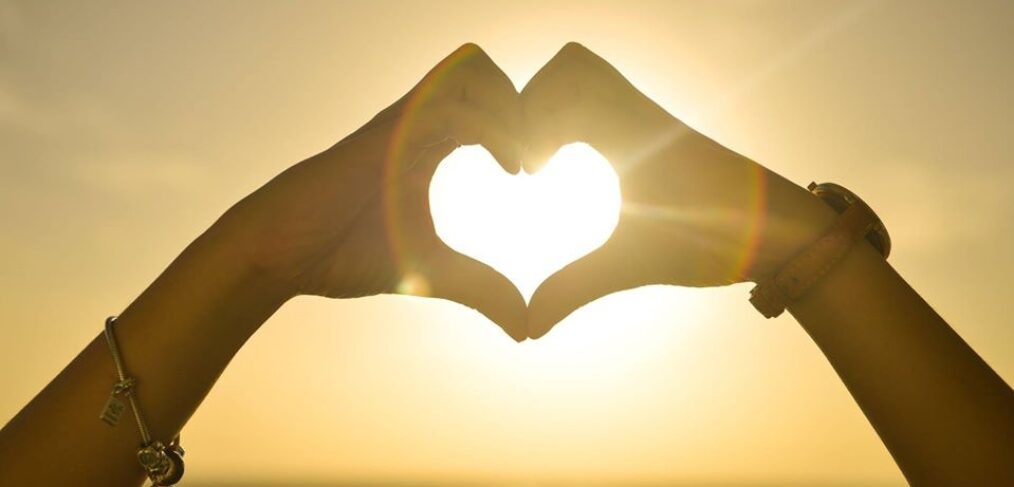One woman’s journey from her body to her soul letting her relationship with food show the way.
Suddenly, my English mind and my French mouth came together effortlessly. I was able to speak to my young interviewer passionately and forcefully (although certainly not perfectly) about my convictions: that we women use fat for protection, dieting for control and distraction; that weighing ourselves on a scale belies our desire for social approval in spite of protests to the contrary; that our physical hunger is trustworthy and our spiritual hungers are important; that the reasons we eat when we’re not hungry (or we don’t eat when we are) are the jewels that can give us insight into the most precious parts of ourselves.
Our personal stories of pain are planted as seeds that take root in the fertile soil of a patriarchal, fat-phobic society. And the patriarchal, fat-shaming society creates personal stories of pain. So it goes. This version of patriarchal society limits women by equating our worth with our size, and then shames us when we dare to step out of that equation. Just look at gossip magazine images and their finger-pointing headlines. We get called out both for being too big and too small, too sexy and too plain, wearing clothes that cover too little and too much. It is a contradictory, confusing, confining and crazy-making world in which to have a female body. It creates the situation where we want to run for the cover of fat and the numbing power of food. Sometimes we eat just to get out of the line of fire. We rebel through fat; we conform through dieting. Either way, we sacrifice ourselves by sacrificing the wisdom of our hunger.


